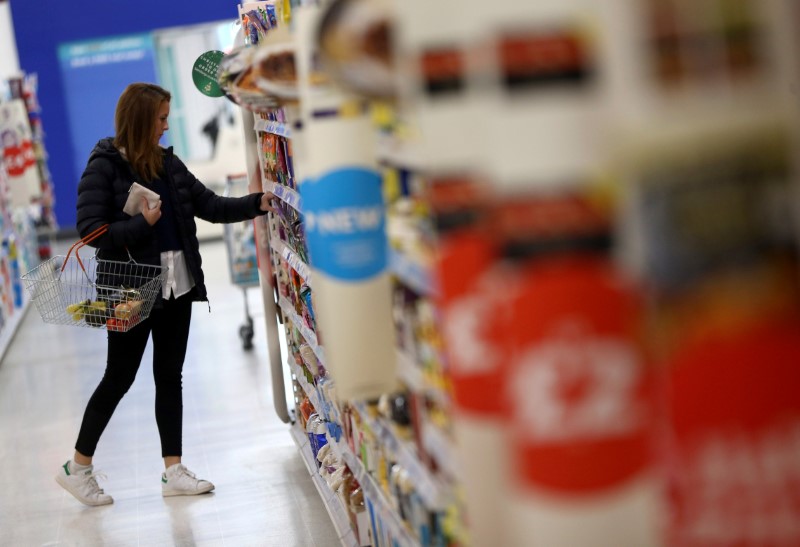Gold prices set for weekly gains on dovish Fed outlook; silver near record high
By Scott Kanowsky
Investing.com -- U.S. consumers pulled back on spending by more than expected in December, according to advance estimates from the Census Bureau on Wednesday.
Retail sales in the world's largest economy fell by 1.1% from the previous month, adding on to a downwardly revised drop of 1.0% registered in November. Economists had anticipated that the figure would slip by 0.8%.
On a seasonally-adjusted basis, Americans reined in the amount they spent on motor vehicles, furniture and at gasoline stations. Recent data has suggested that many households were considering penny-pinching over the holiday season due to financial pressures from surging inflation and increased borrowing costs.
In a note to clients, Andrew Hunter, senior U.S. economist at Capital Economics, argued that the dip in car sales in particular may be a sign that recently elevated interest rates are weighing heavily on spending on big-ticket durable goods - or products that can last for three or more years.
"The weakness of sales echoes the sharp deterioration in the service-sector activity surveys over the past couple of months and the ongoing weakness of consumer confidence and suggests that, despite the still-solid labour market, the surge in interest rates over the past year is taking its toll," Hunter said.
He added that, although economic growth "looks to have held up" in the final three months of 2022, the U.S. is still likely to slide into a recession in the first half of 2023.
